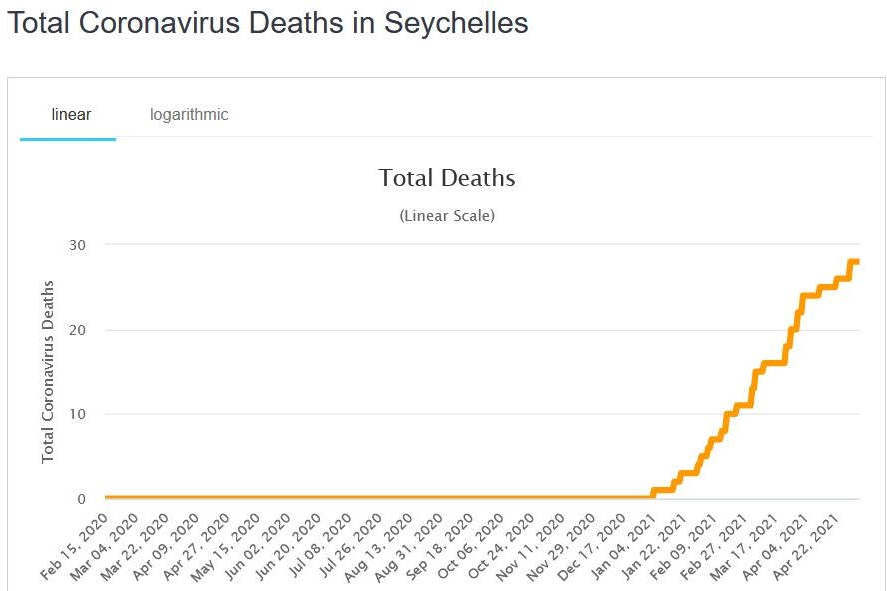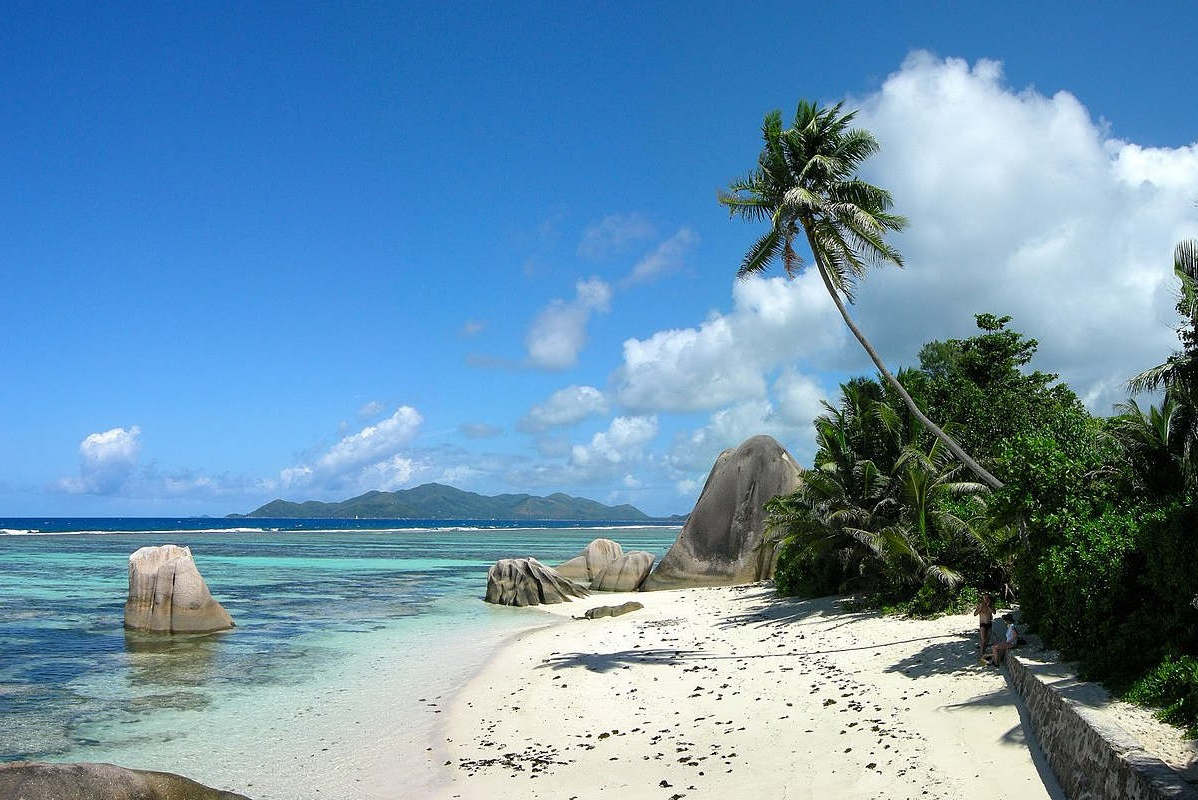In the Seychelles, an archipelago located in the Indian Ocean, 62% of the 98,000 inhabitants are vaccinated and 70% have received at least one dose of vaccine. However, the epidemic is on the rise again. Why is this happening?
The health authorities of Seychelles have just taken drastic measures to contain the rebound of the Covid-19 epidemic: schools closed for two weeks, sports activities cancelled, bars, restaurants and shops closed. It is imperative to stop the resurgence of the epidemic in this small country off the coast of East Africa, where mass vaccination has been carried out with Sinopharm and Covishield vaccines, a version of AstraZeneca’s vaccine manufactured under license in India. To date, 62.2% of the population is fully vaccinated, according to the Bloomberg Vaccine Tracker. That compares with 55.9 percent in Israel, the world’s second most-vaccinated country.
And yet…
Tourism activity impacted
“Despite our exceptional efforts, the situation of Covid-19 in our country is currently critical, with many daily cases reported since last week,” said Peggy Vidot, the country’s Minister of Health, at a press conference. The situation is all the more worrying as Seychelles lives essentially from tourism.
Global implications
Although genetic sequencing data are not yet available for the April infections, the B.1.351 variant, first identified in South Africa late last year, was found in Seychelles in February. AstraZeneca’s vaccine may be less effective against this South African variant, as a recent study has shown. So much so that South Africa has stopped using the AZ vaccine.
However, as Daniel Lucey, professor of clinical medicine at the Dartmouth Geisel School of Medicine, points out, “given the widespread international use of these two vaccines, what is happening in the Seychelles has global implications. “Even strategic. In other words, what happens in Seychelles is likely to happen elsewhere.
Israel and the UK
The question is why the epidemic is back on the rise despite vaccination. Is it because the Seychellois, believing themselves to be protected by the vaccine and safe from any new contamination, have relaxed their precautionary measures and barrier gestures? Was it because Easter celebrations, during which bread and chalice are shared, played a role in the transmission of the virus? Are there other, less explicit reasons? The questions remain unanswered for the moment.
In other countries where vaccination of the population has been very high, such as Israel (60%) or the United Kingdom (52%), cases of Covid-19 have fallen sharply. New cases have decreased by 96% in the UK and 99% in Israel. The link with the vaccine seems obvious.
In any case, the case of the Seychelles must be taken seriously.
Since we will have to get used to living with the virus, basic hygiene gestures must become real reflexes in everyday life, such as washing hands around the meal, as we have already said, and wearing a mask in closed places.


